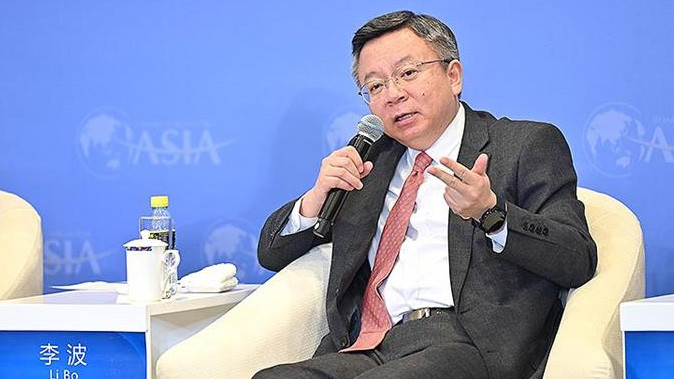Tame fiscal deficits, analysts tell govt
Economic analysts have urged local authorities to address fiscal deficits that have affected the county to improve its performance under the International Monetary Fund’s (IMF) Staff Monitored Programme with executive board involvement.
The analysts were reacting to a statement by the IMF executive board, which observed that Malawi’s performance under the programme has been mixed.

In a statement on Friday, the IMF executive board said Malawi is on track to meet the objectives of the programme, but highlighted weak economic growth and high inflation as some of the key areas that need to be rectified to build a positive track record with the fund.
IMF observed that the fiscal deficit in 2023 was much higher than anticipated and projects the deficit to rise to 11.8 percent of gross domestic product in 2023, 2.8 percentage points higher than the nine percent anticipated by the fund.
IMF deputy managing director Bo Li, who chaired the executive board meeting, also reiterated that “debt restructuring will be vital to deliver economic stability”.
In reaction, economic analyst Bond Mtembezeka said Malawi’s failure to secure a debt restructuring plan with its external creditors might undermine its capacity to secure external financing, a key component to alleviate the forex shortages.
“One of the factors that any lender considers is the debt level on a country’s balance sheet and if the debt is not restructured soon enough then external financiers won’t be as eager to lend to Malawi,” he said.
Mtembezeka urged local authorities to “tame borrowing and strengthen the resource envelope by among other things implementing effective tax policies and widening the tax base”.
Malawi University of Business and Applied Sciences professor of economics Betchani Tchereni urged local authorities to bring back the austerity measures to cut back on “unnecessary expenditures” to reduce deficits.
He said: “The government should cut back on the hefty allowances to the civil service, the foreign trips and the out-of-office meetings, but this time we need to know how much we are saving from these austerity measures. This will reduce operational deficits.
“On the trade deficit, the government can also consider banning some imports to reduce the pressure on forex although this might not augur well with international institutions such as the World Trade Organisation.”
The next review of the programme is expected in September or October. Malawi signed the IMF programme in November 2021.
At the time of signing, IMF expressed optimism that the programme “would help Malawi to establish a track record of policy implementation and potentially pave the way to an IMF-supported upper credit tranche programme”.





